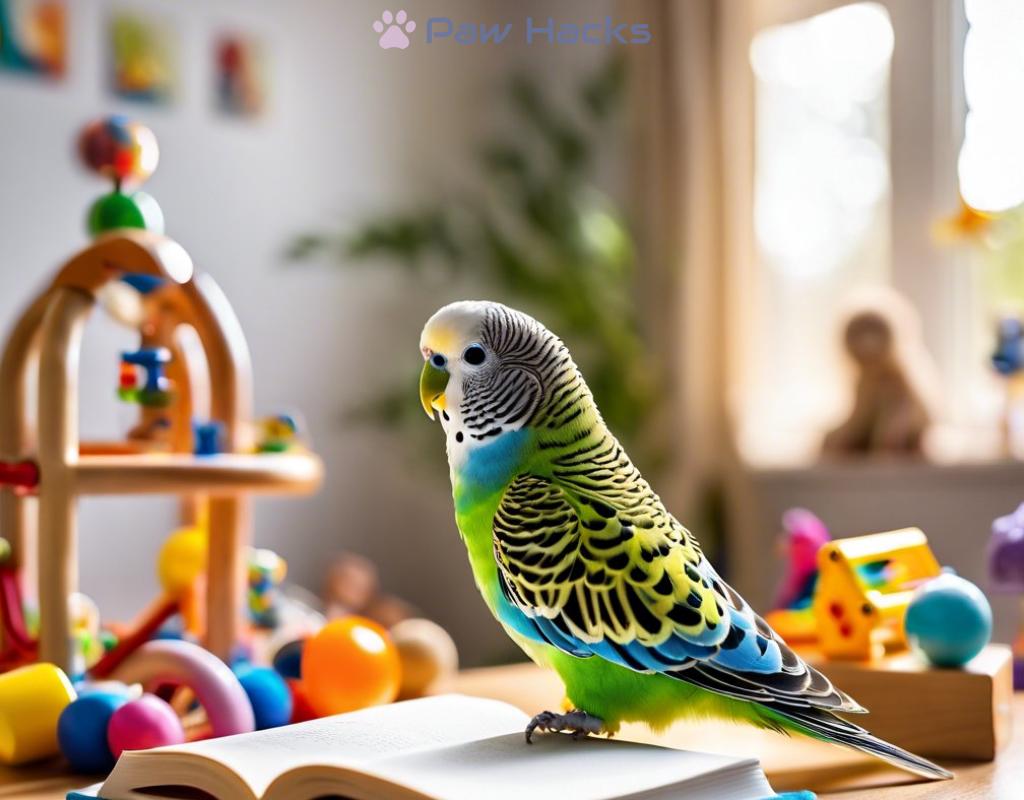Socializing Adult Dogs with Puppies
Understanding the Dynamics of Dog Socialization
Socializing adult dogs with puppies is not just a whimsical notion; it’s a crucial step in ensuring harmonious cohabitation and balanced canine behavior. Many dog owners often underestimate the importance of social interactions, which can lead to behavioral issues down the line. A well-socialized adult dog can serve as a mentor, teaching valuable lessons to an eager puppy. Understanding the dynamics at play is essential for successful integration.
Steps to Seamless Integration
Integrating a puppy into a home with an adult dog requires careful planning and execution. Here are the essential steps that can lead to a positive outcome:
- Assess the Adult Dog’s Temperament: Before introducing a puppy, observe the adult dog’s behavior around other dogs. A calm and friendly demeanor is ideal.
- Introduce in a Neutral Space: Choose a neutral location for the first meeting to minimize territorial instincts. The park or a friend’s yard can work well.
- Supervised Interaction: Allow them to interact under supervision. Keep the initial meetings short and positive to avoid overwhelming either party.
- Positive Reinforcement: Reward both dogs with treats and praise for good behavior during interactions. This will help them associate each other with positive experiences.
- Monitor Body Language: Watch for signs of stress or discomfort, such as growling or stiffening. Be ready to intervene if necessary.
The Long-Term Benefits of Successful Socialization
Successful socialization between adult dogs and puppies leads to numerous long-term benefits. It fosters a sense of security in the puppy and builds confidence. The adult dog gains a new companion, which can alleviate boredom and promote physical activity. Moreover, well-socialized dogs are generally less aggressive and more adaptable to new situations, making them great companions for families and individuals alike. The effort put into socializing these two age groups pays off in spades, enriching their lives and preventing future behavioral issues.
Share this content:



